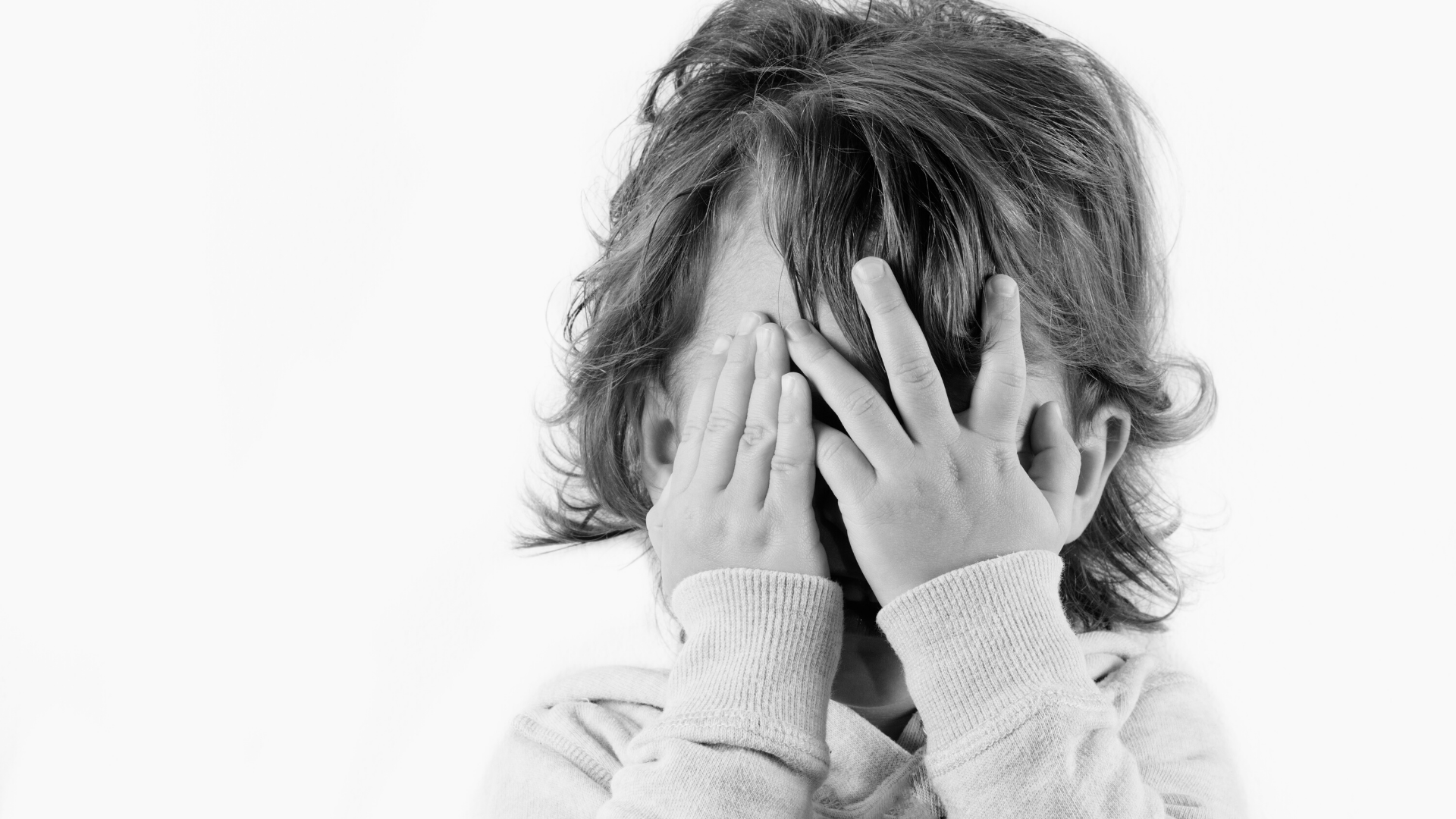Children & Fear

Most children experience fear at some stage. Most of these fears are a normal part of a child’s development process, such as certain forms of separation anxiety, fear of the dark and the fear of new experiences. Fear often plays an important role in that it makes us cautious and contributes to our preparation for new and risky situations. The preparation might be psychological (“I will do my best to be brave when I visit the dentist”) or physical (“I will walk on the other side of the road in order to avoid running into the scary dog”). Fear sometimes becomes unhealthy, when it overwhelms children, paralyses or prevents them from participating in everyday life or dominates their behaviour and thinking. It is important for a parent to validate a child’s fear, but also to make sure they know you have faith in their ability to face their fear. It sometimes helps to point out to your child a situation in which he/she faced their fear in the past.
Tips
- Work on increasing your child’s physical skills, physical shape and routines. When children learn to control and explore their bodies, it contributes to increased physical confidence.
- Parents help children a lot by teaching them how to navigate new situations rather than not participating. Start teaching your child relaxation techniques such as deep breathing or self-distraction, for instance by listening to a story.
- Always try to display confidence to your child. In many situations, children take their cues from their parents, if you want your child to be brave, you need to be brave too.
- Ensure good sleeping habits, a balanced diet and fitness through exercise. If a child feels good, healthy and rested they already have more confidence in themselves to be brave.
- Always be patient and reassuring without minimizing your child’s fear. Reward your child’s coping behaviour. Praise your child for being brave even in situations where your child was only partially brave – the praise should be related to the effort your child made.
- Reinforce exposure rather than always avoiding your child’s fears. Start gradually by reading them a positive story on spiders when they are afraid of spiders. Allow for small victories to take place in the process of helping your child face a fear.
- Start teaching your child positive “self-talk”. By telling themselves for instance “I am brave” or “I can do this”.
Share Post
Complete the following form if you require more info about EQ4kids or want to enroll your child at your nearest Franchise.
Blog Enquiry









